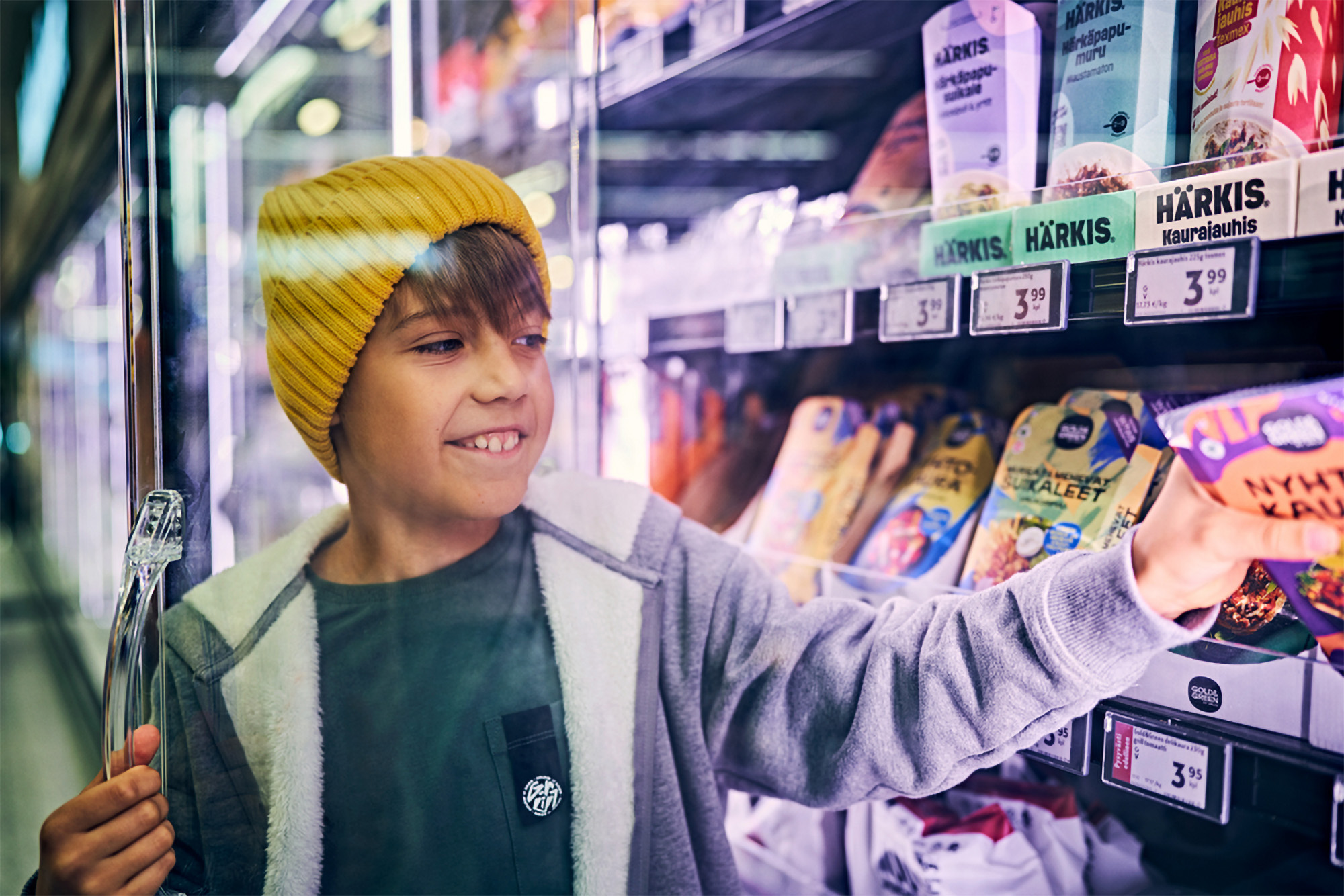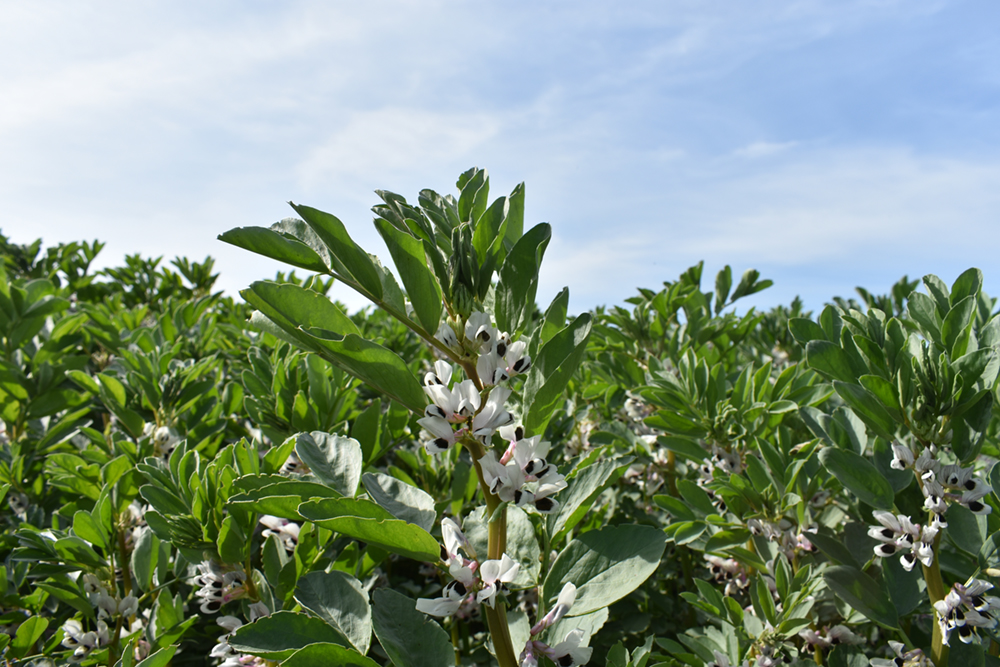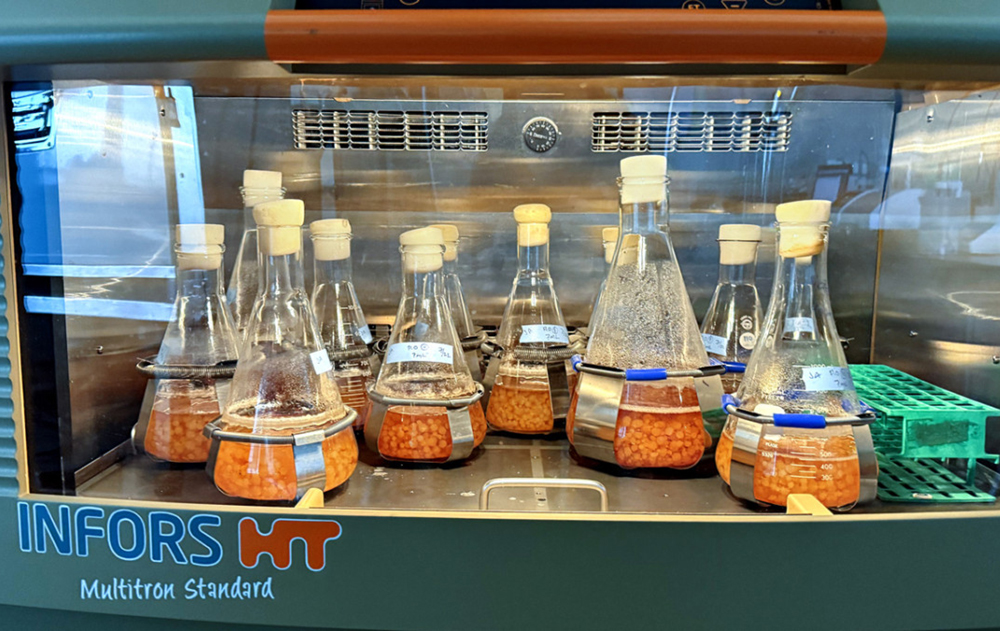

Plant-based protein sales rebound in K-food stores after years of decline
Sales of plant-based protein products are climbing once again in K-food stores across Finland, reversing several years of decline. According to new data from the K Group, sales of plant-based meat substitutes rose by more than 5% over the past year, with especially strong growth in tofu, beans, and other staple protein sources.
Between 2018 and 2021, demand for plant-based proteins surged by more than 80%, before tapering off. However, sales began to recover in late 2024, and the trend strengthened through early 2025 as plant-based foods appeared in more shopping baskets.
Over the past year, sales of tofu have risen by around 20%, while canned beans, chickpeas, and lentils climbed nearly 15%. Dry soy protein products increased by 10%, and refrigerated meat alternatives were up more than 4%.
“In addition to plant-based proteins, sales of fruit and vegetables have also grown,” commented Harri Hovi, Senior Vice President of Commerce and Sustainability at K Group. “This may be influenced by the new national nutrition recommendations that were published at the end of last year. At the same time, new products that interest customers have been introduced to our ranges, which has further boosted sales of plant-based proteins.”
Plant-based drinks are also making a comeback after several years of stagnant sales. Growth resumed in summer 2025, with oat-based barista drinks leading the category. Non-dairy milk alternatives remain particularly popular among younger consumers and families with children.
The rebound aligns with the K Group’s broader sustainability strategy, which emphasizes expanding access to plant-based options and helping customers make more climate-friendly food choices. K-food stores now offer nearly 200 fully vegan products under the company’s own-brand ranges, with new additions introduced regularly.
“We accelerate sales of plant-based products through promotions and by offering them as part of our Pysyvästi edullinen (always good value) range,” Hovi said. “We also provide customers with personalized weekly offers based on their shopping history. So, if a customer frequently buys plant-based products, they will also receive offers on these.”
Digital tools are also supporting behavior change. Through the K-Ruoka app, shoppers can track their purchases of pulses, plant-based proteins, and red meat, compare their consumption against national nutrition recommendations, and monitor the climate impact of their diets.
K Group said that encouraging the adoption of plant-based foods is central to both its commercial growth and its environmental commitments. By expanding variety and keeping prices competitive, the company hopes to make sustainable food choices accessible to a wider audience.
If you have any questions or would like to get in touch with us, please email info@futureofproteinproduction.com

.png)






